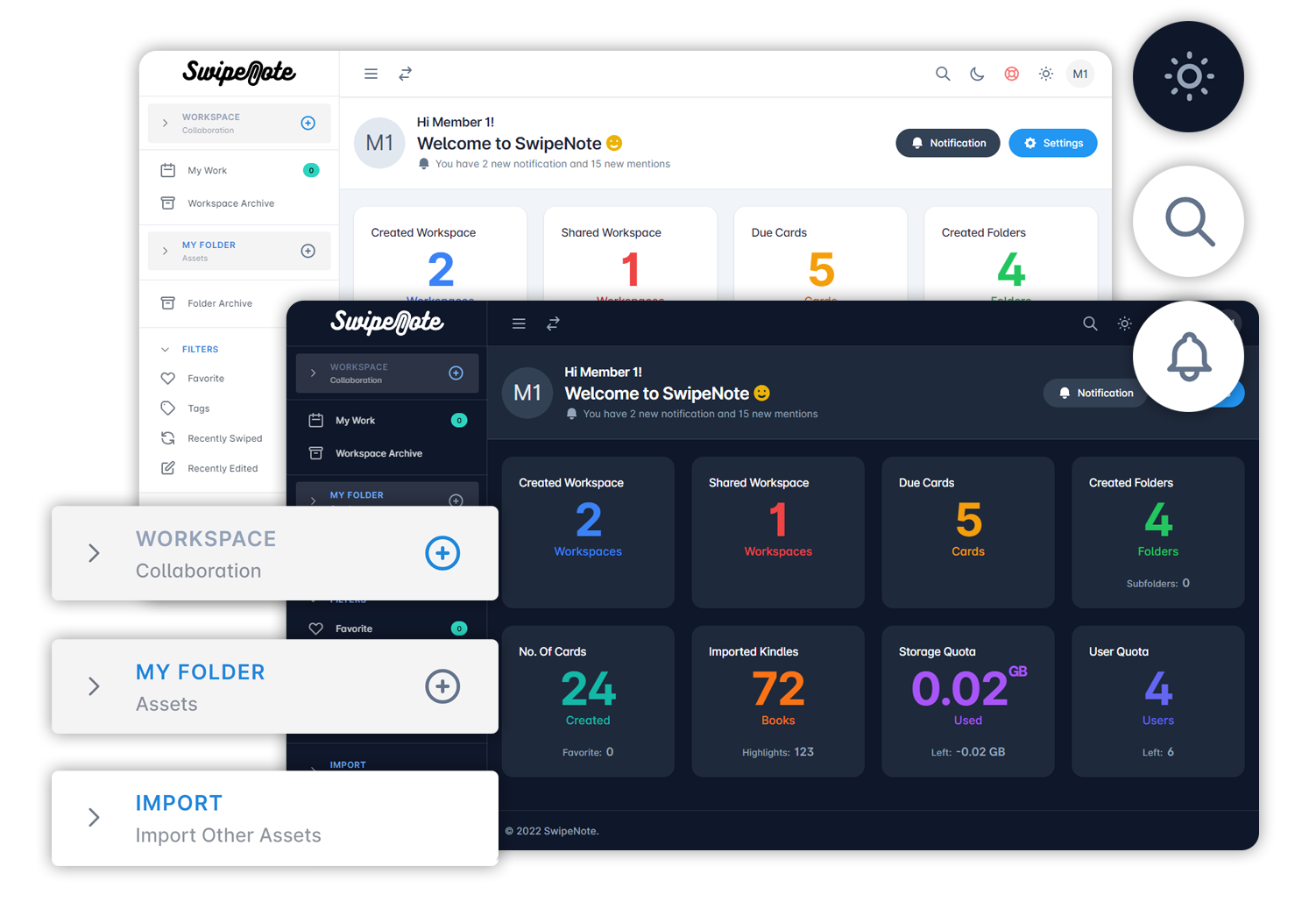We believe that organized thinking and productive action are essential for success in entrepreneurship. Both, organized thinking and productive action are critical components of this journey, but it takes much more than that to succeed in the world of business. Overall, entrepreneurship is a challenging but rewarding path for those who are willing to put in the work and stay focused on their goals.
Yes, a productive app can help users organize their thoughts and take action on their goals can be a valuable tool for entrepreneurs and anyone looking to be more productive. There are many different types of productivity apps available, from task management tools to note-taking apps to habit trackers and more. The best apps provide a clear and intuitive interface that makes it easy to capture ideas, organize, set goals, and take action.
Following are the steps, an entrepreneur can follow, when using a productive app to achieve short-term or long-term goals:
1) Set Clear Goals: Before you start using a productivity app, you need to set clear goals for your business. These objectives must to be clear, measurable, realistic, timely, and relevant. After you've established your objectives, you may use a productivity app to monitor your progress.
2) Choose the Right Productivity App: You should choose the productivity app that best meets your company's demands among numerous apps that are currently on the market. Consider features like reporting, task management, project monitoring, time tracking, and collaborative tools.
3) Plan your Tasks: Once you have chosen the right productivity app, you need to plan your tasks. Create a to-do list of all the tasks that need to be done to achieve your goals. Assign priorities to each task and set deadlines.
 4) Track your Time:
4) Track your Time: An essential component of productivity tools is time tracking. This function allows you to keep track of the time spent on each task. You can use this to identify jobs that are taking too long and look for solutions to improve your workflow.
5) Collaborate with your Team: If you have a team, you can use productivity apps to collaborate with them. Assign tasks to team members, track their progress, and communicate with them using the app.
6) Analyze your Data: You can analyze your performance using the data that productivity apps produce. Determine your strong points and your opportunities for improvement. Utilize this information to help you decide what is best for your company.
7) Review and Adjust: Finally, keep track of your progress and modify your plan as necessary. Make improvements to your workflow and increase your productivity using the insights you learned from the productivity app.
Overall, using a
productivity app can
help small business owners to
stay organized, manage their
time efficiently, and
achieve their goals.



Write a Comment